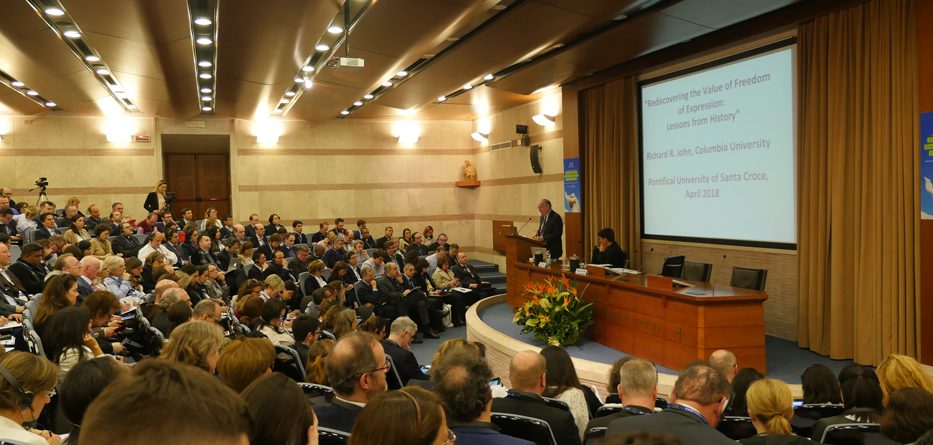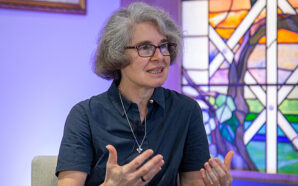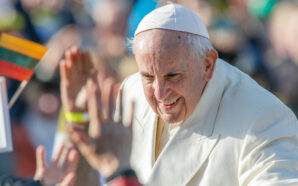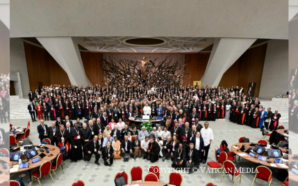Fake news, trolling, free and open social media debate were the focus of the 11th Professional Seminar for Church Communications Offices held at the Pontifical University of the Holy Cross in Rome from 17-19 April.
Communications representatives, journalists, bishops, priests and academics from across the world, including the Diocese of Parramatta, were in attendance for the biennial event. The theme of the seminar “Dialogue, Respect & Freedom of Expression” drew upon Pope Francis’ message for communicators to ensure they “do not use violence in their words.”
Of particular focus was the emergence of the Trump-era of communication and the growth and battle against “fake news”. Concerns over regulatory measures to combat fake news with the balance of freedom of expression were also examined. 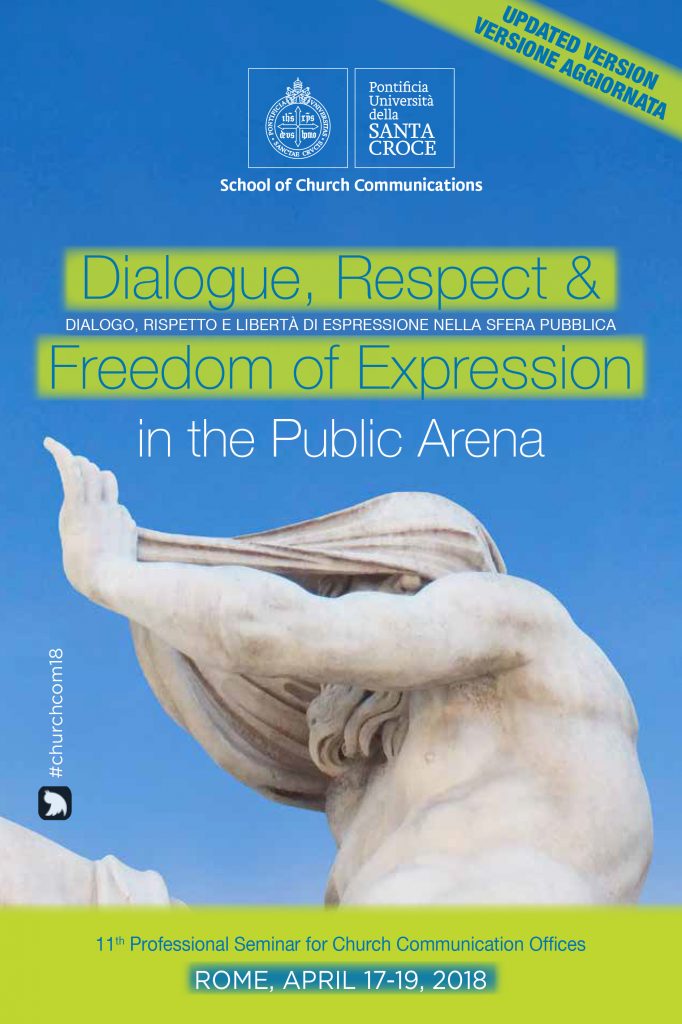
The conference explored possibilities for the Catholic Church to lead the way in ensuring integrity in reporting. In his opening remarks to the attendees, Fr Luis Navarro, rector of the Pontifical University of the Holy Cross, said the Church could become the “new cultural mediators”, ensuring all voices are heard and ways dialogue might be achieved through its communications channels.
He said that freedom of expression is not opposed to human dignity and that “niceness” is not deeply acknowledging the other. He made reference to Instagram removing photos of a boy with facial disfigurement as it was deemed offensive.
Fr Navarro also said that the threat of limiting of freedom of expression was not only the realm of dictators, but that an increase in the escalation of intolerance from technological companies like Google and Facebook. Both companies had both withdrawn from the conference in light of the US enquiry into the Facebook data protection and privacy. Facebook has admitted to blocking and censoring Catholic content on its social media platform.
Richard John, Professor of History and Communications at the University of Columbia’s Journalism School in New York in his keynote speech said that censorship had been the historical norm, however, the rapid expansion of online media platforms had raised questions about the nature of free expression in these forums.
Margaret Somerville, an Australian professor at the University of Notre Dame, Sydney said Catholic communicators played an important role to “give people the words that need” so that they had the confidence to “say what they believe.” Using the Oxford dictionary word of 2017, “youthquake” she said the abandoning of traditional values by older people in favour of adopting progressive ideals typically held by the young, was a manifestation of this youthquake.
In his weekly Wednesday audience, Pope Francis welcomed the attendees, which was followed by a tour of the Vatican Press Office. The press office has undergone significant overhaul under Pope Francis since the 2015 review into its operations. The office is moving toward a merger of the many traditional media agencies such as Vatican Radio and Vatican TV to three key agencies sharing resources and talent across media channels.
Monsignor Lucio Ruiz, Secretary of the Secretariat for Communication said that the merger was “easier said than done”. Monsignor Ruiz deflected a question from the contingent regarding the appointment of a successor to Monsignor Dario Vigano following his resignation over the letter doctoring scandal saying “I am not the Pope”.
The next conference will next be held in April 2020.




